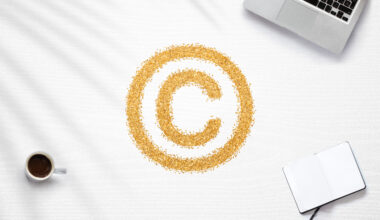What are the (Time)-Limits for Collecting Societies to Bring Claims?
In a judgment of November 17, 2011, Case III CSK 30/11,
the Polish Supreme Court held that claims brought by
collecting societies regarding copyright are as a rule
subject to a 10-year limitation period, even if the
claims—by virtue of law—can be brought to the court
only by the respective collecting society (mandatory
representation). The specific length of the limitation
period (3 or 10 years) depends, however, on the respective
nature of the claim. The judgment also provided insight
into the Supreme Court’s views on the extent to which
submission of and access to documents can be demanded
to determine remuneration and fees claimed by a
collecting society (CS) based on art.105 (2) of the Polish
Copyright Act.

